There are 5 main types of exploitation.
Sexual Exploitation
The World Health Organisation defines sexual exploitation as "Actual or attempted abuse of a position of vulnerability, power, or trust, for sexual purposes, including, but not limited to, profiting monetarily, socially or politically from the sexual exploitation of another."
This includes rape, prostitution, sexual photography, subjection to pornography or witnessing sexual acts/assault, or witnessing sexual acts to which the adult has not consented to or was pressured into consenting to.
Labour exploitation
The abuse of people in the workplace for profit where people are forced to work for little or no money. They can be coerced through threats of abuse, which can be direct and harsh or much less obvious.
This includes having wages being deducted at source, having wages and paperwork controlled by another person, being kept in isolation and/or being given misinformation, forced to work through psychological or physical violence, being subject to threats of physical violence or other forms of bullying
Forced Criminality
Forced criminality involves victims, often but not exclusively children, who are forced to commit a range of crimes controlled by another person and where the proceeds are given over to another person.
This includes selling counterfeit DVDs, bag snatching, cash machine theft, pickpocketing, forced begging, county lines, forced sham marriage and cannabis cultivation. It may also involve financial exploitation where a victim’s name is being used for false bank accounts.
Debt Bondage
Debt bondage, also known as bonded labour, happens when people give themselves into slavery as security against a loan or when they inherit a debt from a relative. It can happen when people seek passage from overseas or relating to debt accrued in the UK .
This includes a victim being offered a job abroad with ‘free’ transportation, or for them to borrow money from the employer or person controlling the travel to pay for transportation. This may also include having to pay a job finding fee. If a relative with a debt has died, this debt may be considered passed on and the responsibility of someone else to pay.
Organ Harvesting
Forced organ harvesting and organ trafficking is where organs are taken from victims through coercion or without informed consent and sold illegally, often making their way into the organ tourism transplant market.
This includes where victims are kidnapped and have an organ forcefully removed, where victims are tricked into believing they need an operation and whilst under general anaesthetic have an organ removed without knowledge or consent. Human traffickers have also been known to offer safe transportation in return for an organ as payment.

